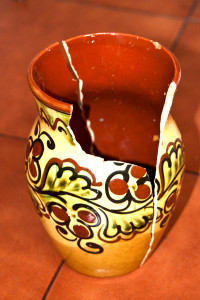26 per cent of refunded retail goods are unfit for resale, new research from Barclaycard has found. According to the credit card company, 57 per cent of merchants give refunds ‘regardless of product condition’ to keep good customer relationships.
 Nearly half of refunded items are used (48 per cent), 29 per cent are market, and 28 per cent have parts missing.
Nearly half of refunded items are used (48 per cent), 29 per cent are market, and 28 per cent have parts missing.
To cope with the high level of unsellable goods, 22 per cent of retailers are introducing a new system to dispose of the stock – with 11 per cent partnering with resellers to move items on at a lost.
At the recent Omni-Channel Conference, business development director at UTL Gary Winter, said that a key way to deal with returns is forecasting via data. He said that UTL look at geographical trends, and this impacts on where they put their warehouses and logistics.
“In the 21st century, where we can buy as much as we please at the touch of a button, shopping is no longer just a necessity, it’s a well-loved hobby,” said Sharon Manikon, customer solutions director, Barclaycard. “Retailers are faced with the difficult task of ensuring they can manage the influx of returns which comes hand-in-hand with online and impulse shopping, without compromising their bottom line, or their relationship with customers.”
She said that although Barclaycard research shows that a good returns policy helps retailers attract and retain customers, it is also important to be clear when consumers are able to return items as a way to limit unsellable stock.






